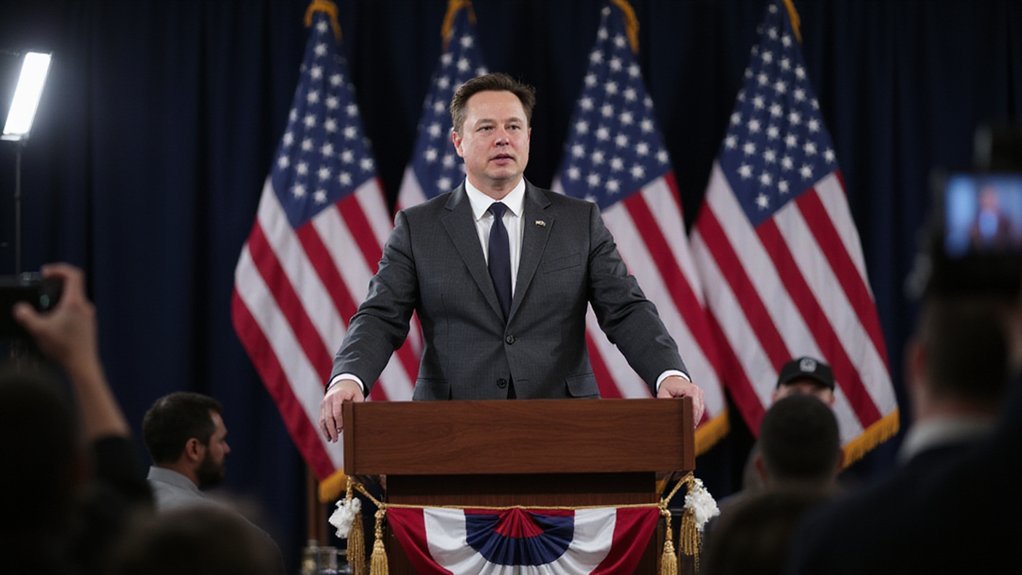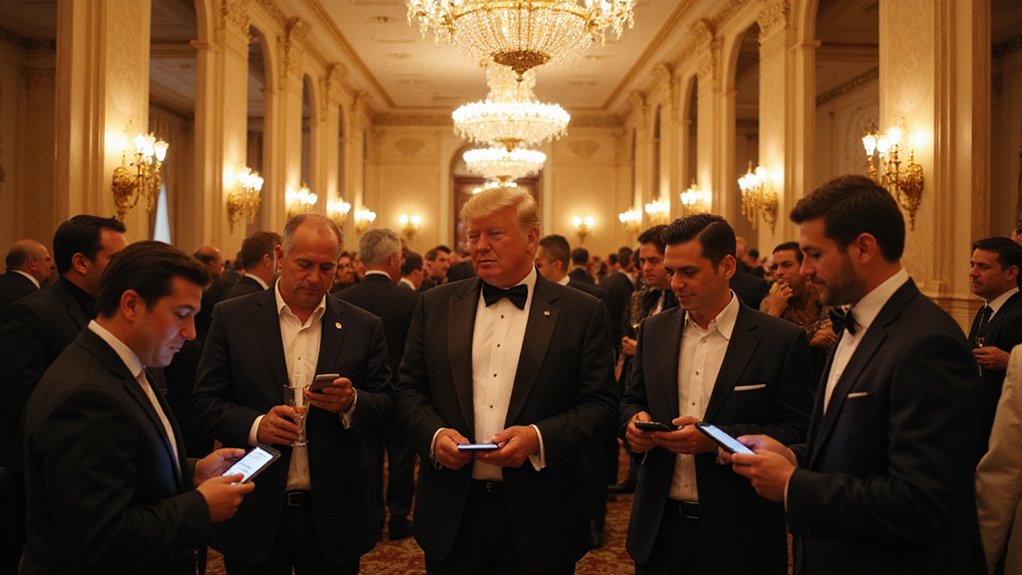While most political upheavals emerge from ideological schisms or grassroots movements, the latest disruption to America’s entrenched two-party system has arrived courtesy of the world’s richest man and his social media platform—a development that would have seemed like satirical fiction just a decade ago.
Elon Musk’s announcement of the America Party follows a spectacular public feud with Donald Trump, precipitated by disagreement over what Musk characterizes as a “massive, pork-filled Congressional spending bill.” The Tesla CEO’s critique of the “Big Beautiful Bill” centers on fiscal responsibility—or rather, the conspicuous absence thereof—warning of “debt slavery” and mounting national obligations that would make even seasoned bond traders wince.
Musk’s fiscal crusade against Congressional excess has evolved from bureaucratic reform to outright electoral rebellion.
The timing proves particularly ironic given Musk’s previous role leading the Department of Government Efficiency (DOGE), where he championed reduced federal spending. Now, having witnessed Congress’s apparent indifference to fiscal restraint, he’s pivoting from bureaucratic reform to electoral disruption.
Social media engagement suggests genuine appetite for alternatives: Musk’s X platform poll attracted over 1.2 million votes, with 65% supporting a new party. High-profile figures like Mark Cuban and Anthony Scaramucci have expressed interest, though skepticism about feasibility remains pervasive among political observers.
The structural challenges are formidable. Duverger’s Law effectively guarantees that first-past-the-post electoral systems gravitate toward two dominant parties, making third-party success extraordinarily unlikely without major party collapse. Political scientists consistently note that the American system’s architecture inherently favors duopoly maintenance. Historical precedent shows that successful third-party candidacies remain rare, with Theodore Roosevelt’s Progressive Party campaign in 1912 representing one of the few instances where a third-party candidate secured electoral votes.
Yet Musk’s strategy appears less focused on immediate electoral victories than on forcing existing parties to address specific policy concerns—particularly deficit reduction and government efficiency. The America Party’s stated goal of appealing to the “80% in the middle” politically represents a calculated bet on voter dissatisfaction with traditional options. Despite possessing significant resources, the venture faces the challenge of overcoming Musk’s damaged brand perception among key voter demographics. This transformation from traditional centralized political operations to more distributed, technology-driven governance models mirrors the shift seen in decentralized finance, where traditional gatekeepers are being bypassed for peer-to-peer systems.
Whether this venture succeeds electorally matters less than its potential to reshape national discourse. Even unsuccessful third-party movements can serve as spoilers in close races, amplify calls for electoral reform, and shift major party platforms. In an era where political norms face constant disruption, dismissing any challenge—particularly one backed by virtually unlimited resources—would be imprudent.









